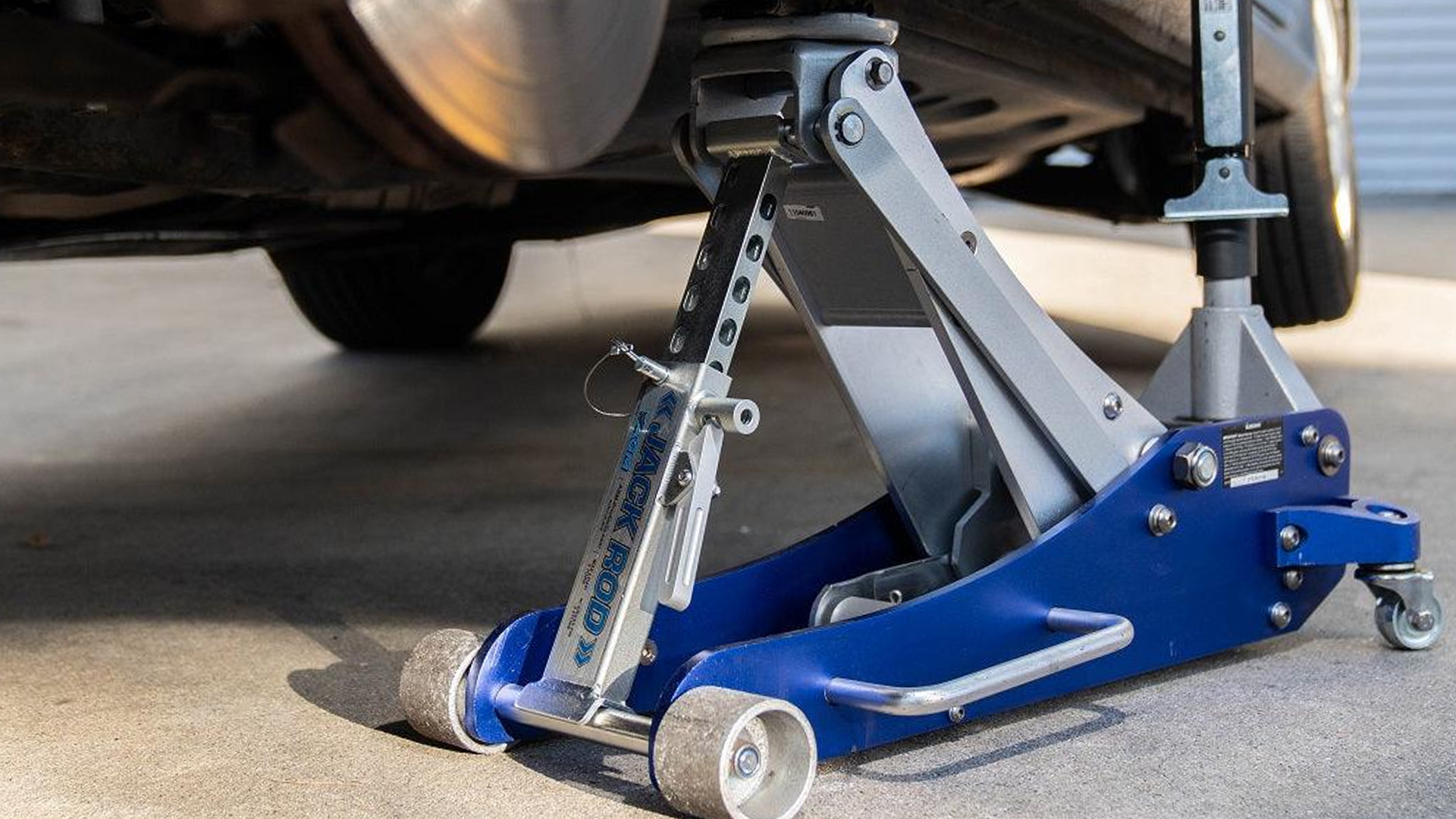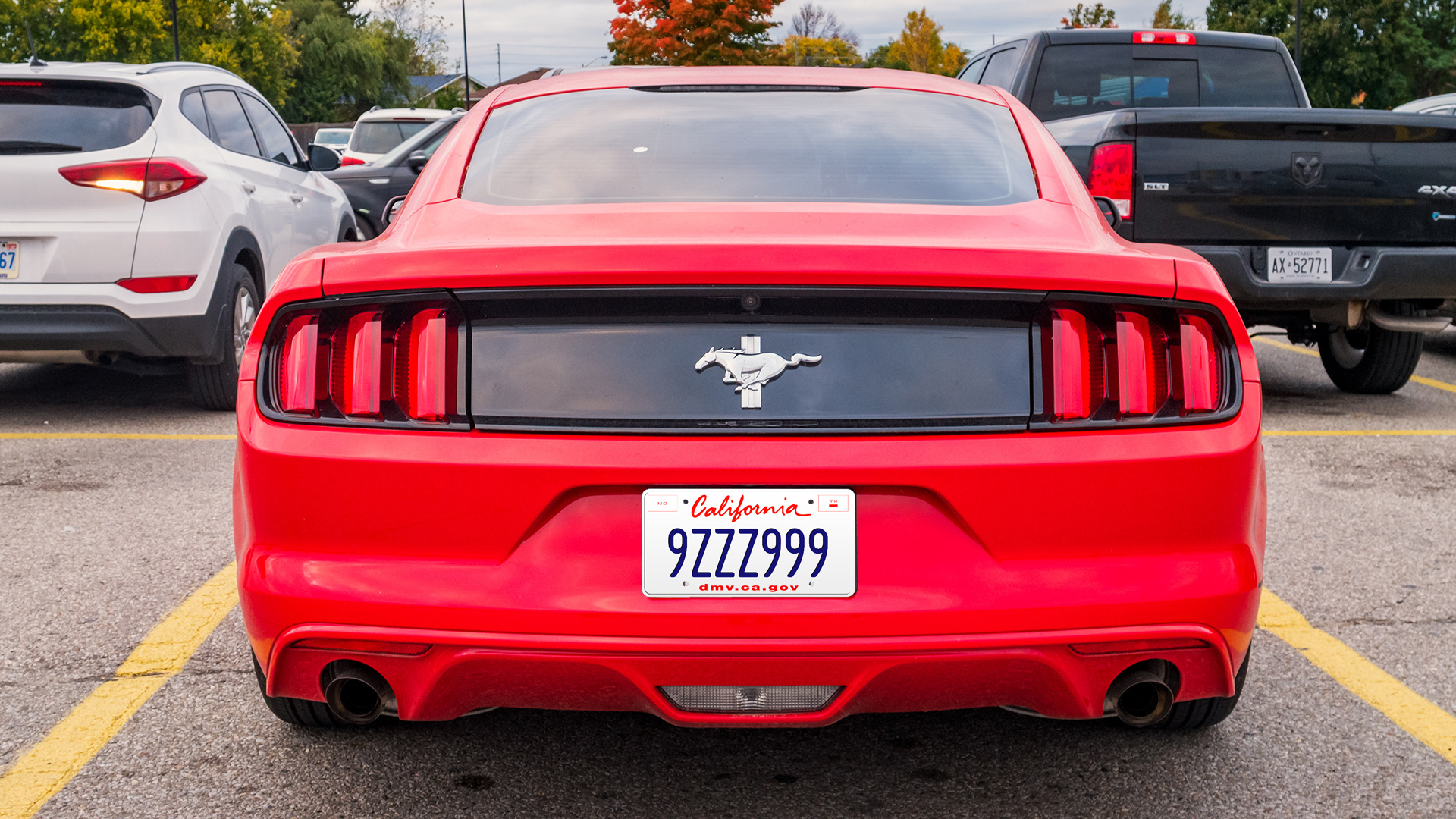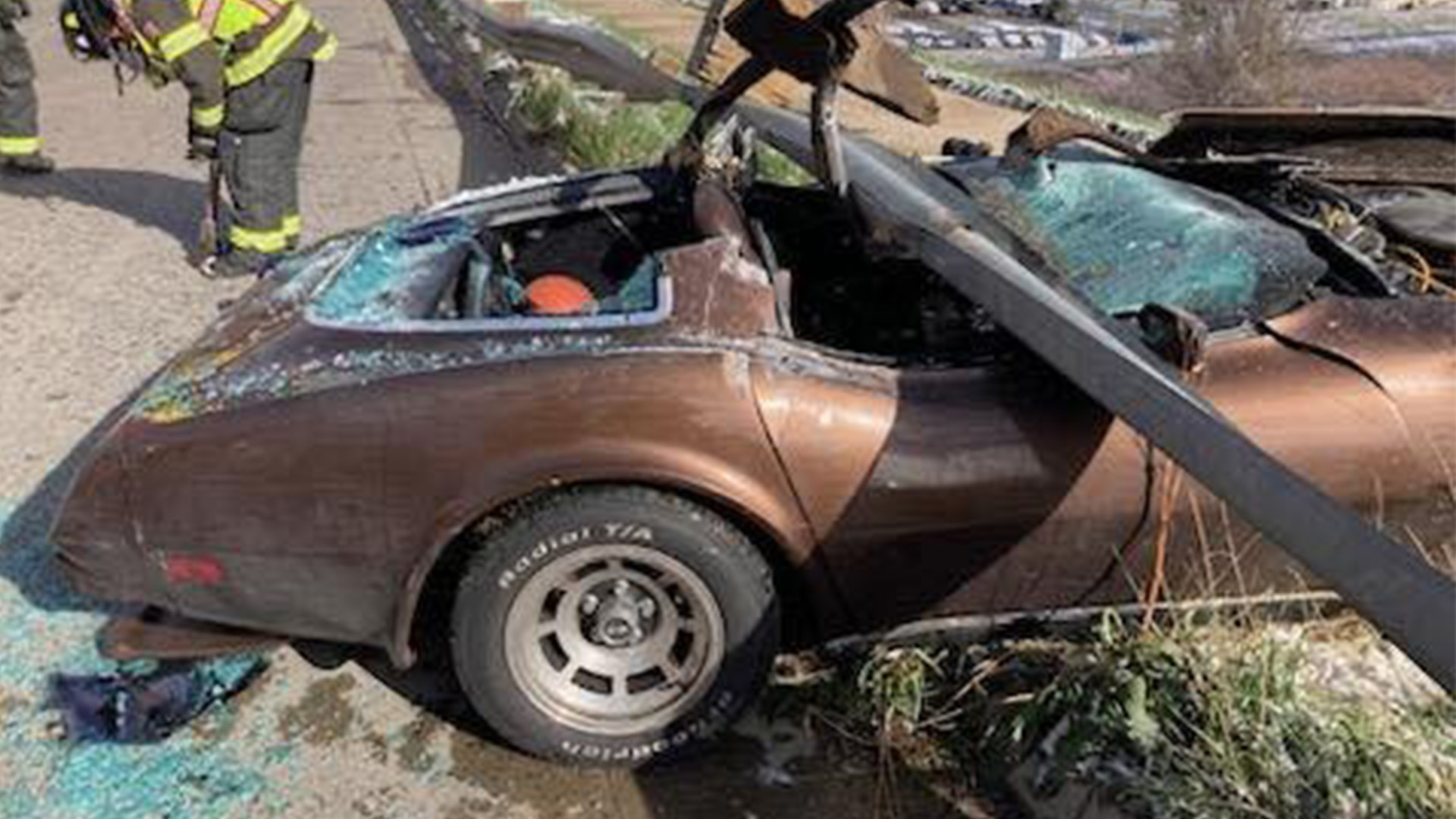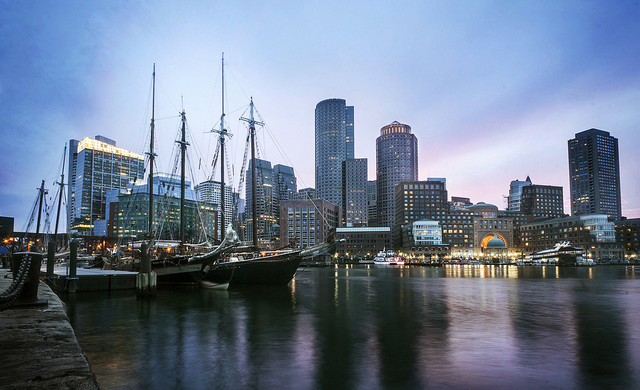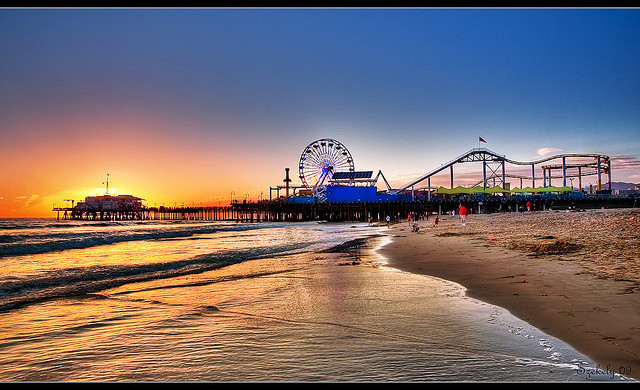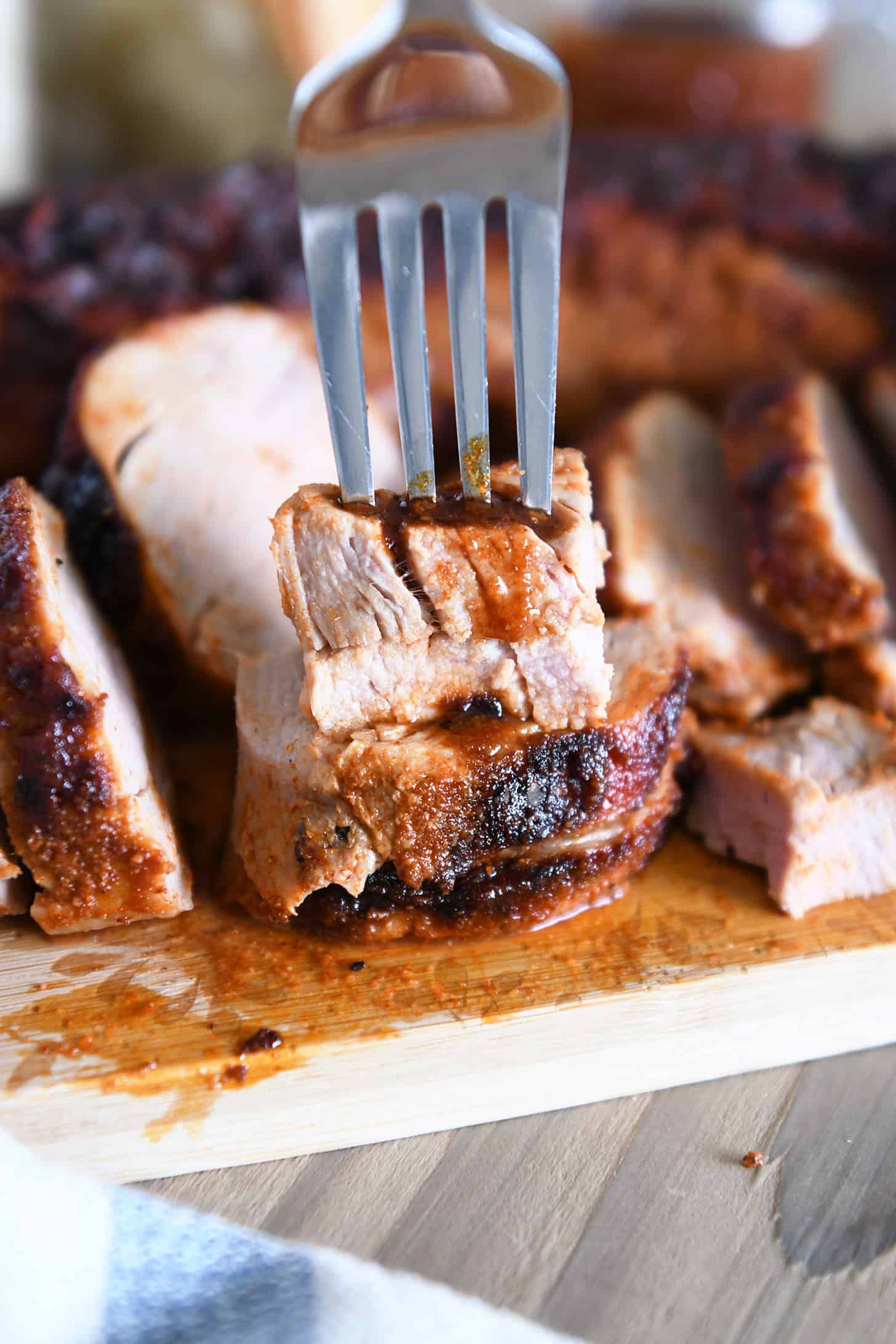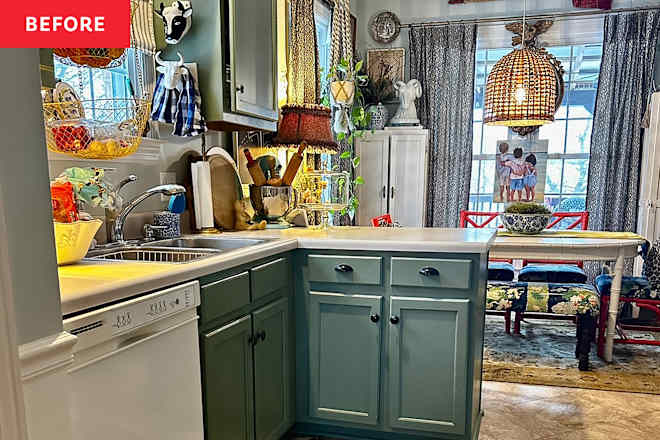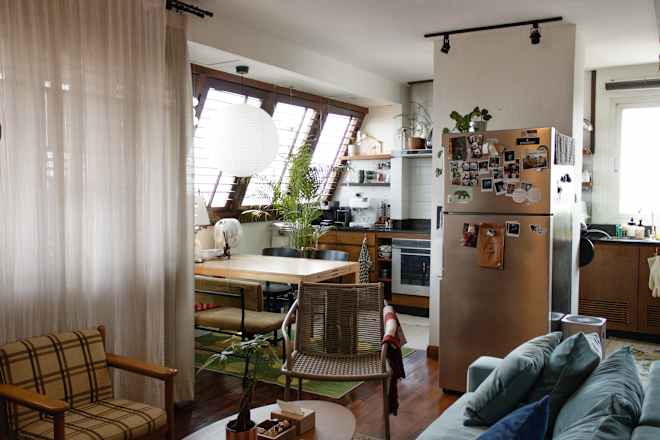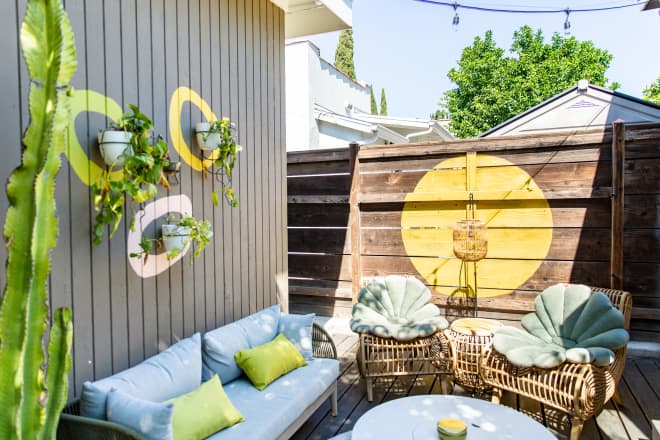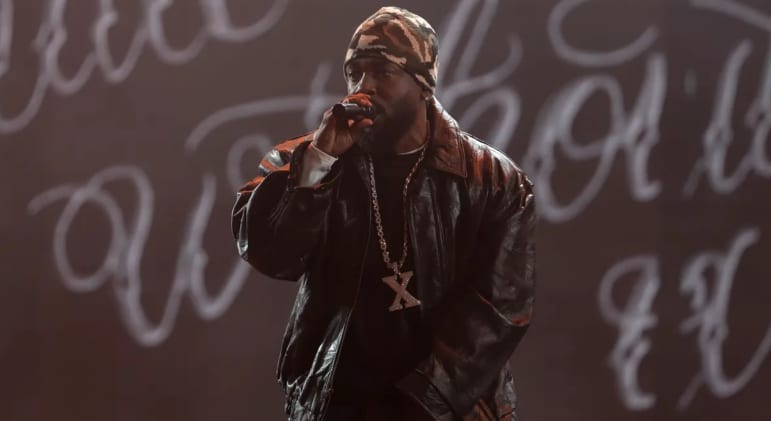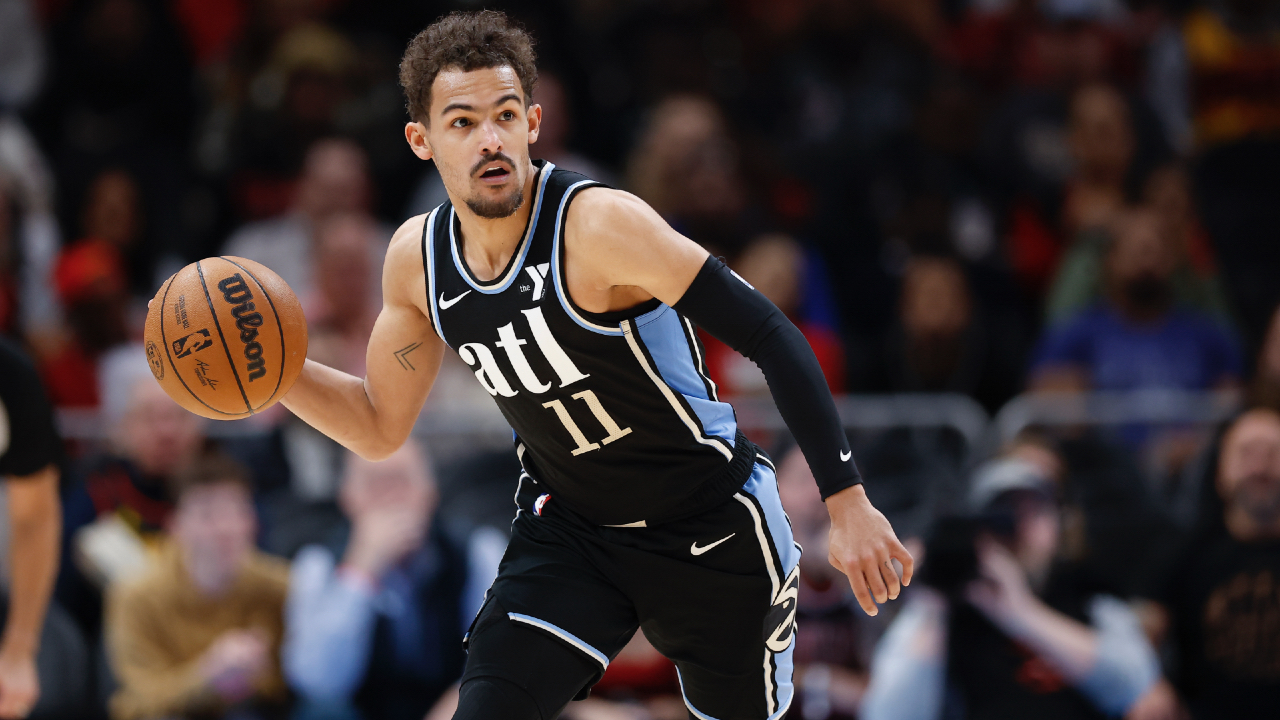Luxury homebuilder says Trump tariffs are nothing compared to COVID disruption
Uncertainty is cause for bigger concern than a 145% tariff rate.

Surveilling a multimillion-dollar beachfront property in South Florida, Robert W. Burrage, founder of RWB Construction Management, reflects on what President Donald Trump's wide-ranging tariffs will mean for his business that builds luxury homes for wealthy clients.
So far, the biggest changes Burrage has observed are more letters and emails from subcontractors and vendors indicating they may have to raise prices. Eventually. At some point. As no one knows what the tariff rates will actually be, what countries and goods they will apply to, and when they will be implemented, it's been tough to gauge exactly what they mean for suppliers, builders, and buyers alike.
The threat of tariffs is a far cry from his experience during the COVID-19 pandemic, when the global supply chain melted down, parts he needed were stuck in places as far away as Italy, and lumber prices skyrocketed. In his 20 years of working in the construction industry, those were the gloomiest days.
"To say that I've actually seen any [price] increases yet would be a lie. I'm seeing correspondence stating that there's some concern over it," says Burrage. "After living through COVID, this is nothing."
As of yet, it's been more or less business as usual, aside from fielding a few more calls from clients over the past few weeks. And Burrage has a couple guardrails in place to ensure that he is getting the best deals for his ultrawealthy clients. First, he stocked up on many of the components most likely to increase—automation systems, control systems, lighting controls, and audio and video components from China—months ago, so the properties currently being built can be finished without additional cost. That was a lesson learned after the COVID supply-chain delays and headaches.

Second, he is scrutinizing the invoices of his subcontractors and suppliers to ensure they aren't trying to pass off a "tariff upcharge" just because they think they can get away with it.
That second point is his biggest concern at the moment—that others will try to pad their margins and use tariffs as an excuse. Prices are still elevated from COVID-induced supply-chain issues, inflation, and tariffs imposed by Trump during his first term in office.
"If a $100,000 order was placed two months ago, but to get it into the country now, it's $145,000, they're going to have to show me that with invoices, with documentation to prove that that's actually what's happening," he says. "I have yet to see it."
Burrage's luxury homes, however, appear to occupy a unique place in the wider industry. For the average homebuilder, tariffs are a major cost of concern, as the cost of virtually everything used to construct a home—from lumber to floor joists to electrical components—could increase. Builders estimate the average home cost could increase by $9,200, according to the March 2025 National Association of Home Builders (NAHB)/Wells Fargo Housing Market Index.
Uncertainty is cause for bigger concern for Burrage than a 145% tariff rate, at least currently. As of now, he's anticipating increased costs to start impacting projects six to 18 months out.
"I think the biggest part of everything that's happening right now, it's not even that the price is changing. It's just not knowing what they're changing to and not being able to pinpoint that," he says.
And the builder notes that a more threatening issue for his business is Trump's immigration and deportation policies. Many workers, particularly in South Florida, are immigrants who are now scared to work or live in Florida at all.
Though clients have expressed some concern about the potential cost of Trump's tariff policies on their new properties, Burrage says most of these high-end buyers aren't particularly worried. As it stands, increased costs, which they can easily absorb, will increase the value of their homes—which many of these clients, who view their properties as investments, actually welcome. At least yet, he has seen no decrease in demand from luxury buyers.
"At this level of wealth and the things that they're building, knowing the equity they're getting the second we hand them a set of keys, it hasn't scared anyone away," he says.
This story was originally featured on Fortune.com

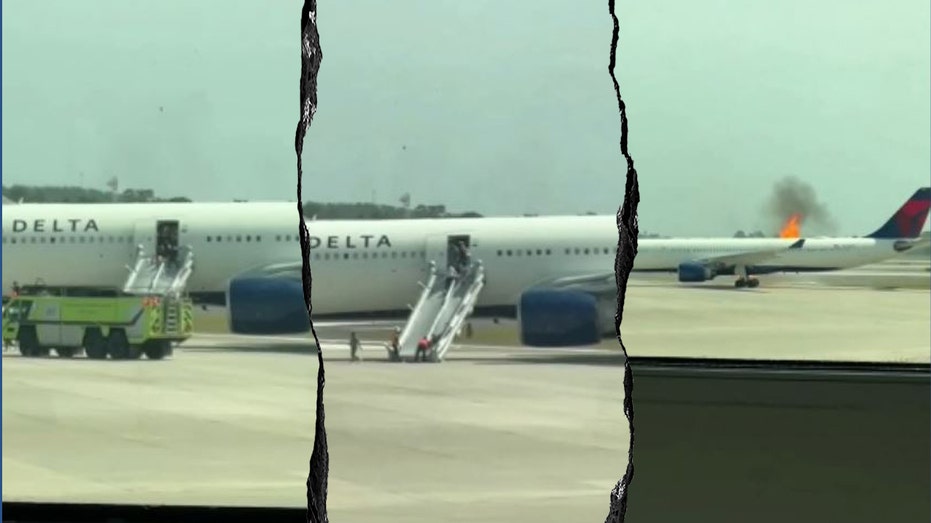








![From fast food worker to cybersecurity engineer with Tae'lur Alexis [Podcast #169]](https://cdn.hashnode.com/res/hashnode/image/upload/v1745242807605/8a6cf71c-144f-4c91-9532-62d7c92c0f65.png?#)













